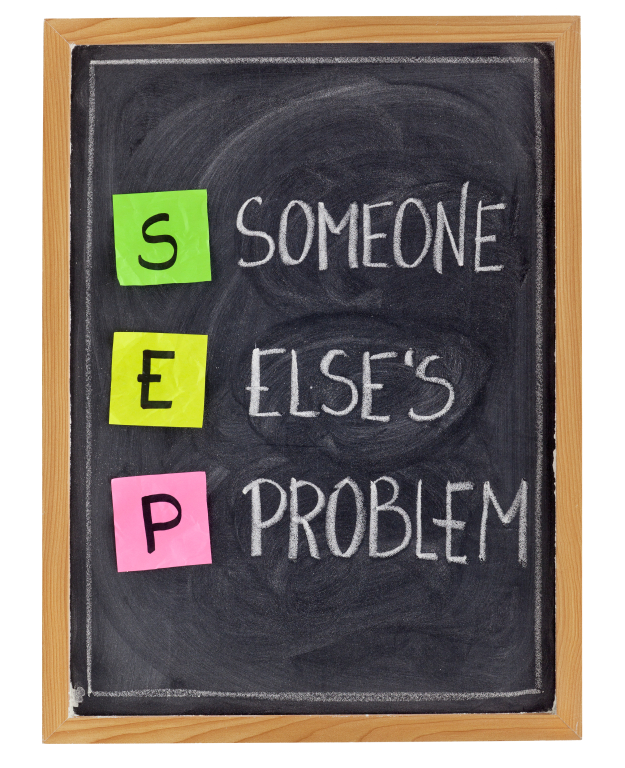Several years ago a mentor shared his business plan with me. In part of it he wrote something he called a STAND. When I asked what that was, he said it was knowing what you stand for before you are faced with a situation and have to make a choice.

I’ve shared part of his leadership wisdom and how it impacted me in this previous Smart Blog Post: Why Leaders Need To Practice Compassionate Accountability
For the past several weeks I’ve been focused on another part of his STAND: “[Tweet “I choose to be Consistent, Fair, and Explainable in all that I do.”]
These are some of the reasons those words are resonating with me again:
I’ve been studying the impact of parents that have a favorite child that is treated differently than the others. It’s an ugly situation for everyone. ….Even the favored child.
I’ve been thinking of times I’ve witnessed a boss becoming close friends with some of their employees and how that broke down trust with other employees. (Even if both the boss and the employee were holding each other to a higher level of accountability, the perception of unfairness was still there.)
I know an executive that is struggling because he makes hard fast rules that sound powerful in his office, however when the rules are challenged or violated that executive avoids confrontation at all costs.








